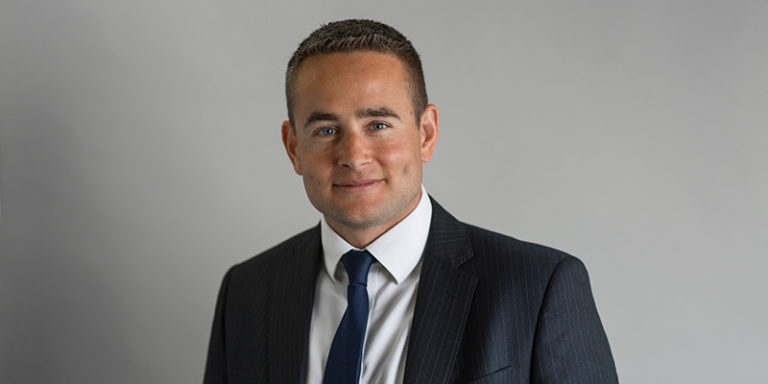Cornish v Darnley
Date: 17 November 2021
Barrister/s: James Marwick
Area/s of law: Personal Injury, Personal Injury Fraud
- Home
- >
- Recent Cases
- >
- Cornish v Darnley

Search
Sign up to mailings
To keep up to date with our latest news and events, please sign up for mailings.
You are always free to unsubscribe at any time.
Personal Injury barrister, James Marwick was recently successful in securing a finding of fundamental dishonesty on appeal in the reported case of Cornish v Darnley.
This case was notable because the appeal arose out of one of the first remote trials conducted in the weeks after the onset of the COVID-19 pandemic. James was instructed both for trial and on appeal by Mark Walsh at Kennedys acting for Admiral Insurance. Kennedys have published an article here.
At trial, James had established in cross examination that the Claimant had misled the Court in his evidence as to his special damages claim. The Claimant had sought sizeable damages for the alleged write off value of his bike and equipment which had been damaged in a road traffic accident (liability was admitted at an early stage). The Claimant had presented a quote for a replacement bike and equipment in support of his claim for damages. He initially held out in oral evidence that he had paid for the bike and equipment, with the help of a loan from his former partner, but he unravelled under sustained questions and accepted that he had not in fact paid any money for the bike and equipment, and struggled to deal with the claim for alleged added on equipment.
This was against a background where the Claimant was also claiming for prolonged injuries notwithstanding that his social media footprint evidenced a return to competitive elite cycling relatively soon after the accident.
The District Judge found that the Claimant had misled the Court on his special damages but rejected a submission that there should be a finding of fundamental dishonesty in relation to the presentation of his claim for either general damages and special damages.
After a contested appeal it was held by HHJ Ralton in the Bristol County Court that the dishonesty was sustained and that the dishonesty in relation to the special damages claim was fundamental dishonesty within the meaning of section 57 of the Criminal Justice and Courts Act 2015. The Judge by a narrow margin found that it was open for the DJ at trial to have concluded that a lack of candour to medical experts as to the extent of injury did not also warrant a finding of fundamental dishonesty but the primary finding in any event led to the dismissal of the claim. A copy of the judgment can be found here.
